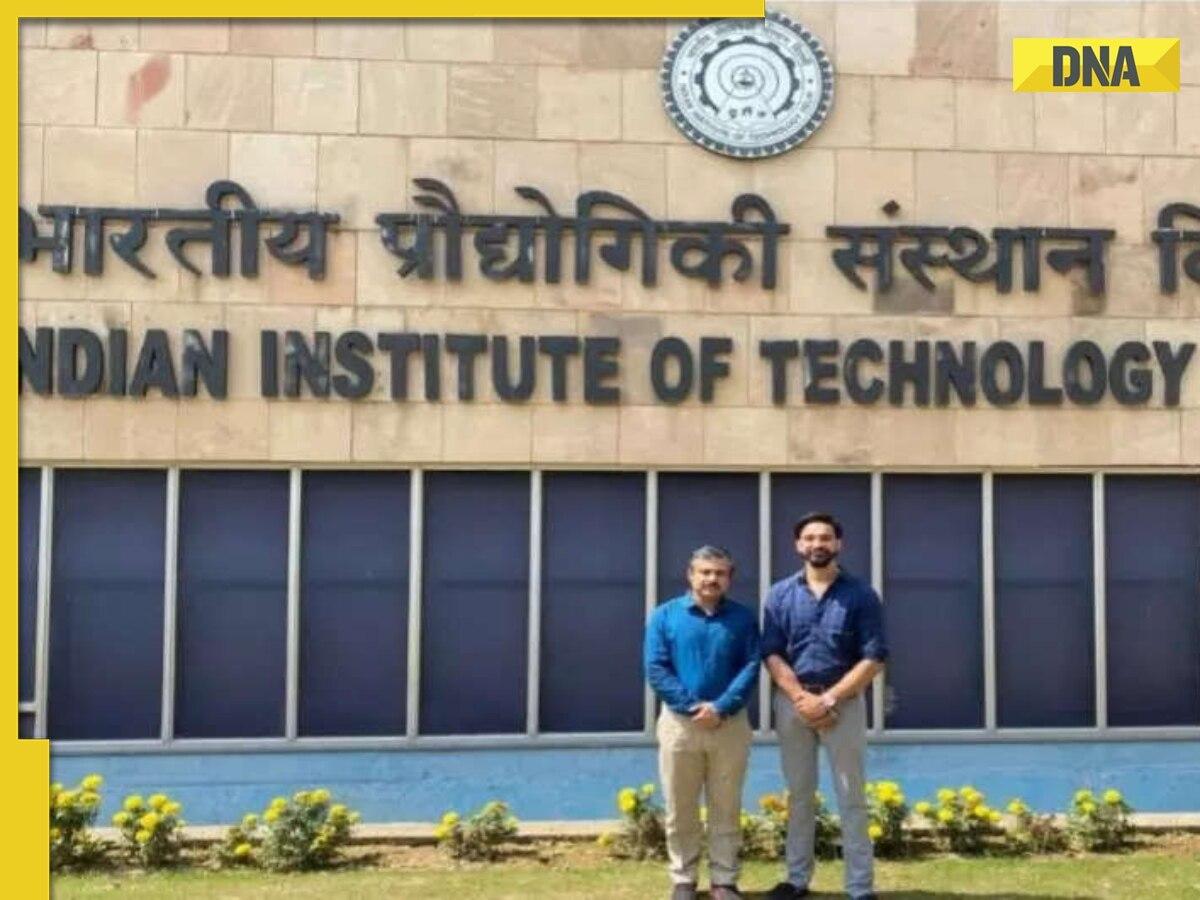
Researchers at the Indian Institute of Technology (IIT) Delhi have made a groundbreaking contribution in the battle against brain tumours, offering a glimmer of hope for patients worldwide. Their recent study, published in the esteemed journal Biomaterials, heralds the development of a novel treatment for glioblastoma—a particularly aggressive and common type of brain tumour found in adults.
Glioblastoma presents formidable challenges for treatment. Conventional methods such as surgery, radiation, and chemotherapy often fall short, leaving patients with a grim prognosis. On average, individuals diagnosed with this virulent cancer face a life expectancy of merely 12 to 18 months. However, the innovative approach spearheaded by IIT Delhi researchers could potentially extend life spans and significantly improve the quality of life for those afflicted by this devastating condition.
Guiding this pathbreaking research is Associate Professor Jayanta Bhattacharyya, who, along with PhD student Vidit Gaur, has delved deep into the complexities of brain cancer treatment. Vidit Gaur’s crucial contribution to this study is the development of a groundbreaking nanoformulation named Immunosomes. This novel compound has demonstrated a remarkable capability to enhance the effectiveness of brain tumour treatments, thereby injecting a newfound sense of optimism among the scientific community and patients alike.
The researchers employed a rigorous experimental protocol, using mice models to meticulously test the efficacy of Immunosomes. Their findings were nothing short of extraordinary. Mice afflicted with glioblastoma and subsequently treated with Immunosomes showed complete tumour eradication. Even more impressively, these mice remained tumour-free for a minimum duration of three months, signaling a potential long-term solution to combat glioblastoma.
Furthermore, the treatment did not just stop at eliminating the tumour. It also activated a robust immune response capable of fighting brain cancer. This dual-action—targeting the tumour while also bolstering the body’s inherent defenses—positions Immunosomes as a highly promising therapeutic agent in the fight against glioblastoma. Such an immune response is crucial because it not only helps in the eradication of residual cancer cells but also prevents the recurrence of the tumour, thereby providing a comprehensive treatment strategy.
.
The implications of this study are monumental. By offering a new direction in glioblastoma treatment, the researchers have paved the way for potential clinical applications. If further trials and human studies validate these findings, Immunosomes could be integrated into existing treatment protocols, thereby revolutionizing the current standards of brain cancer care. The potential to significantly improve survival rates and the quality of life for patients presents a compelling case for continued research and investment in this domain.
This breakthrough signifies a substantial leap forward in medical science, specifically in the oncological field. Glioblastoma has long stymied medical professionals due to its aggressive nature and resistance to conventional therapies. Therefore, any advancement that shows promise in tackling this formidable cancer is welcomed with wide-eyed enthusiasm and cautious optimism by the scientific community.
Institutions and researchers worldwide are taking note of the strides made by IIT Delhi’s team. The study’s publication in Biomaterials, a journal of notable repute, underscores the meticulousness and scientific rigor underpinning this research. It also highlights the importance of interdisciplinary collaboration in addressing complex medical challenges, as evidenced by the fusion of engineering principles with biomedical research in the development of Immunosomes.
Moving forward, the immediate next steps involve conducting more extensive preclinical trials, followed by carefully monitored human clinical trials. These phases are essential to ascertain the safety, efficacy, and potential side effects of Immunosomes in human patients. While the road to widespread adoption is long and fraught with challenges, the foundation laid by IIT Delhi researchers is undeniably solid and holds immense promise.
As the scientific community rallies to advance this pioneering research, there remains a sense of cautious optimism. If successful, Immunosomes could mark a new era in the treatment of glioblastoma, providing much-needed hope and relief to patients and their families grappling with this life-altering diagnosis. The developments at IIT Delhi not only highlight the institution’s cutting-edge research capabilities but also underscore the potential of scientific ingenuity in creating life-saving medical breakthroughs.










